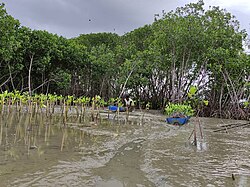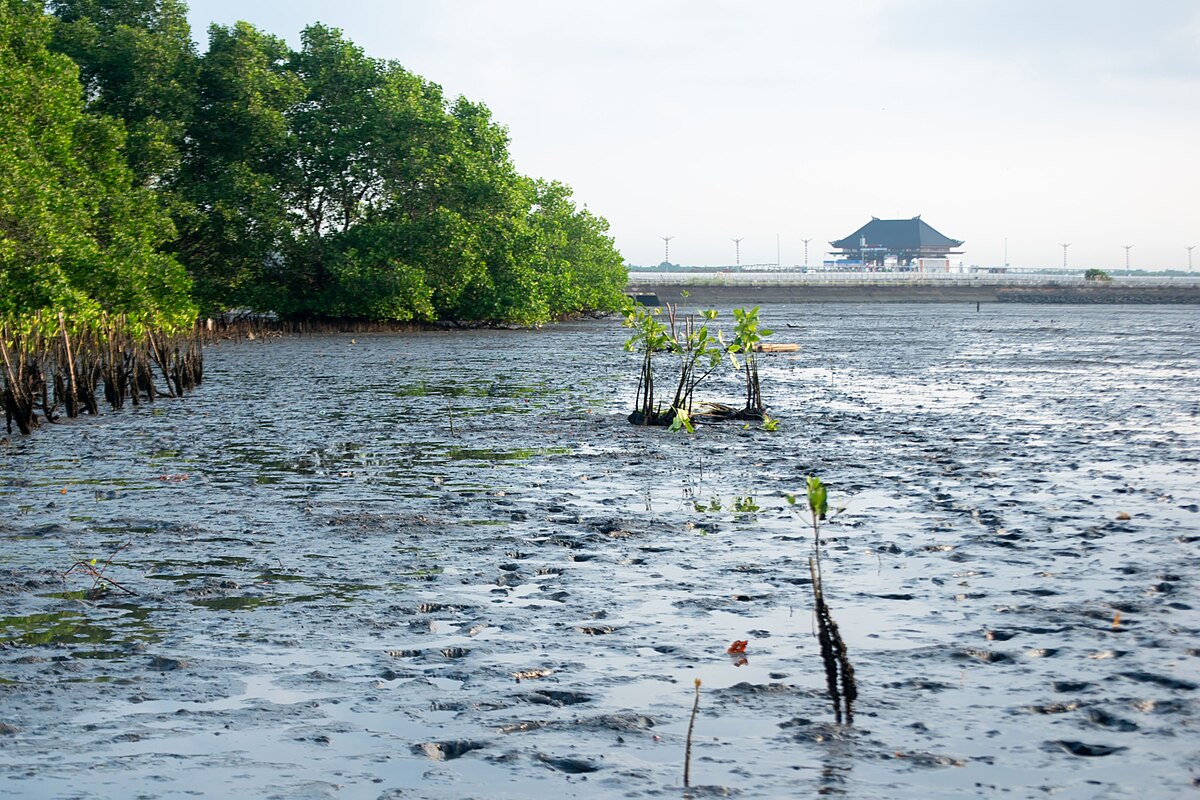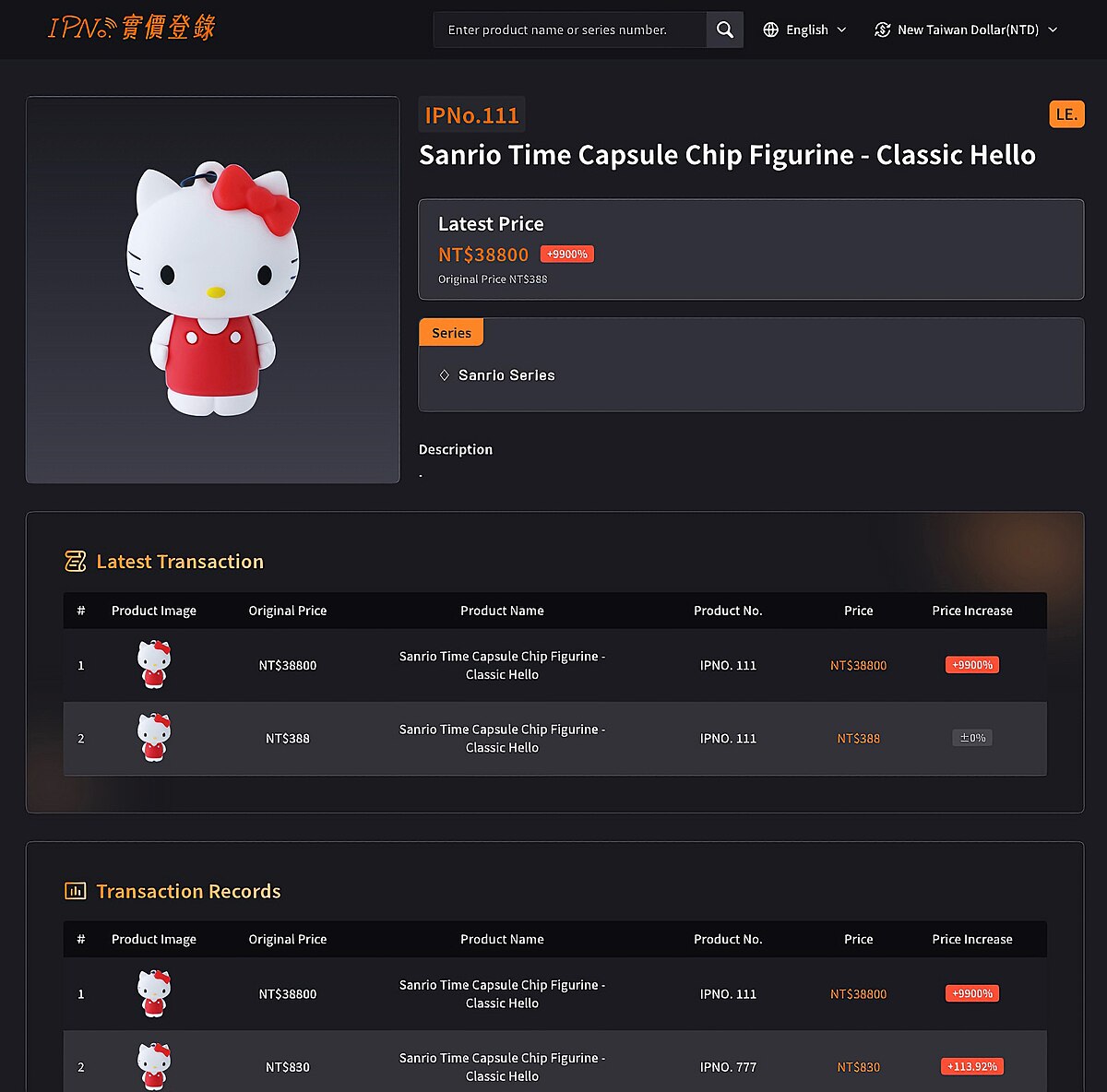Friday, August 1, 2025
As the world marks World Lung Cancer Day, Indonesian environmental organization LindungiHutan issued a public call to recognize the growing connection between urban air pollution and the continued degradation of forests and green spaces across the country.
In a statement released, LindungiHutan warned that the worsening air quality in major Indonesian cities is not only an environmental issue but a growing health emergency. The organization linked the spike in air pollution to deforestation, land conversion, and the lack of urban greenery.
According to the real-time air monitoring platform IQAir, Jakarta recorded an Air Quality Index (AQI) of 159 on June 2, 2023, ranking it the most polluted major city in the world at the time. Other cities such as Cilegon, Bekasi, and Semarang, all of which are home to industrial activity, have shown similarly high levels of pollutants. LindungiHutan points to the loss of green buffers and forested zones as one of the contributing factors to these figures.
“The deterioration of air quality is no longer just an environmental concern. It has become a matter of public health, and at its most critical level, a matter of life and death. Trees and forests are natural filters for polluted air. Once they are removed, we lose the planet’s respiratory system,” said Ben, CEO of LindungiHutan.

Since 2018, LindungiHutan has launched reforestation and coastal greenbelt programs in North Semarang, an area heavily affected by port and industrial pollution. The organization reports that these projects have not only helped combat shoreline erosion but also contributed to improving local air quality by trapping industrial dust and absorbing airborne pollutants.
However, some of these efforts have faced setbacks. In Trimulyo, a neighborhood in Semarang, a newly constructed toll road has cut through several reforested zones, directly impacting areas planted as part of LindungiHutan’s environmental programs. The group described this development as “a bitter irony” in the context of the ongoing climate and pollution crisis.
Ben emphasized that urban greening is not only a form of climate resilience but also a preventive health measure. Trees absorb harmful substances such as nitrogen dioxide (NO₂) and particulate matter (PM2.5), pollutants known to cause serious respiratory issues, including lung cancer.
“Conservation work is often seen as merely protecting the environment. In fact, it is an essential defense against deadly diseases. Forests save lives, in the most literal sense,” Ben added.
The organization is calling on government bodies, private companies, and communities to support reforestation efforts and help expand green spaces, particularly in areas with poor air quality. It also encourages broader public education around the role of forests in sustaining human health.
In closing its statement, LindungiHutan said that as lung cancer cases rise alongside pollution levels, forest protection must be viewed as a non-negotiable necessity.
“When the last tree falls and clean air is no longer available, what remains is not only an environmental collapse, but a humanitarian one,” the group warned.
About LindungiHutan
LindungiHutan is an Indonesian environmental platform that promotes forest conservation and community empowerment. With over 1 million trees planted across 30+ locations, the organization partners with more than 600 brands and businesses. Their programs include Corporatree, Collaboratree, and Carbon Offset initiatives.
This article is based on a press release provided by LindungiHutan on August 1, 2025.





